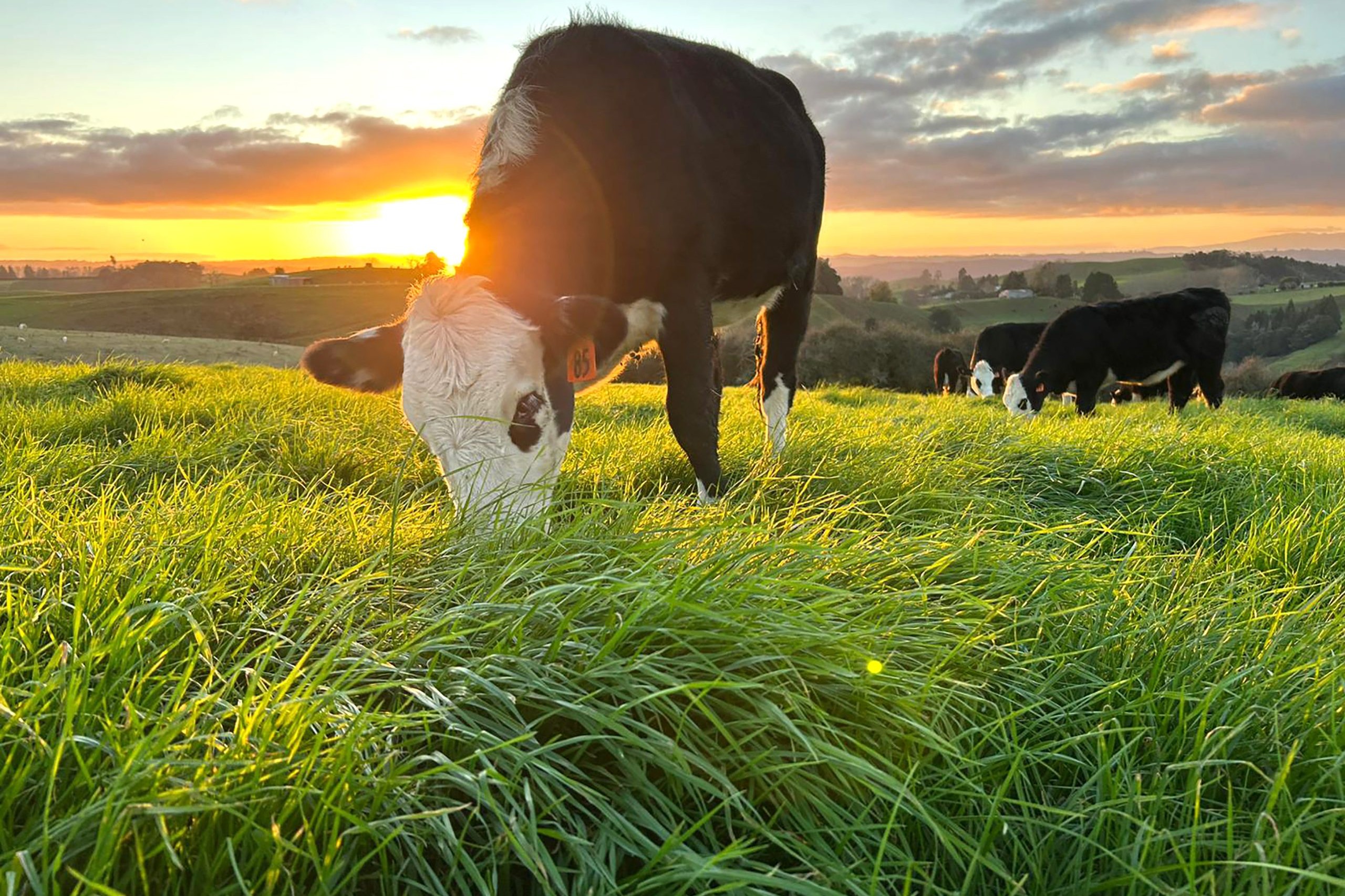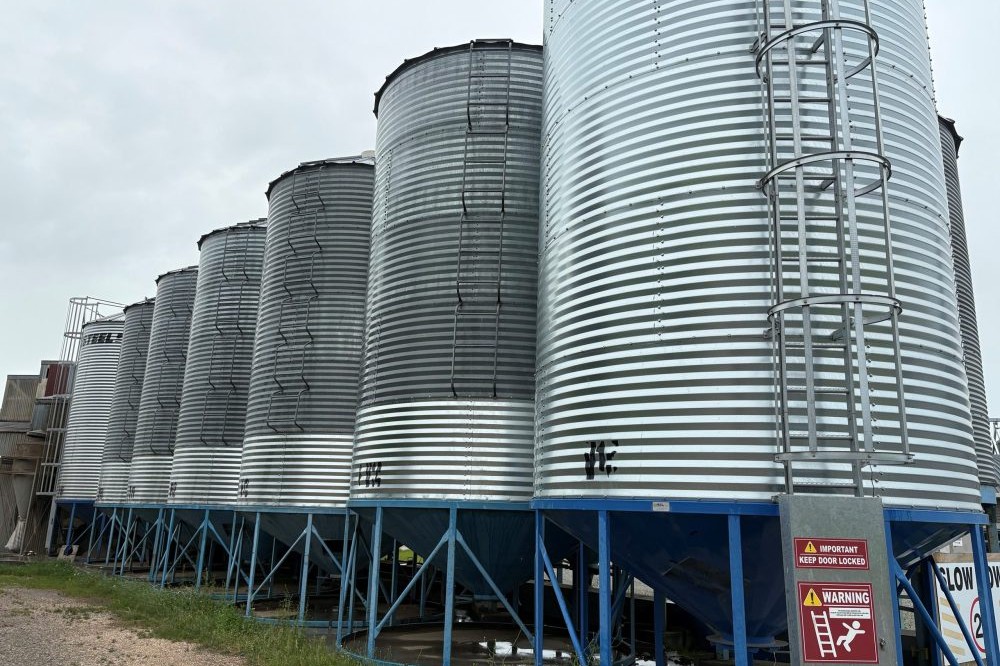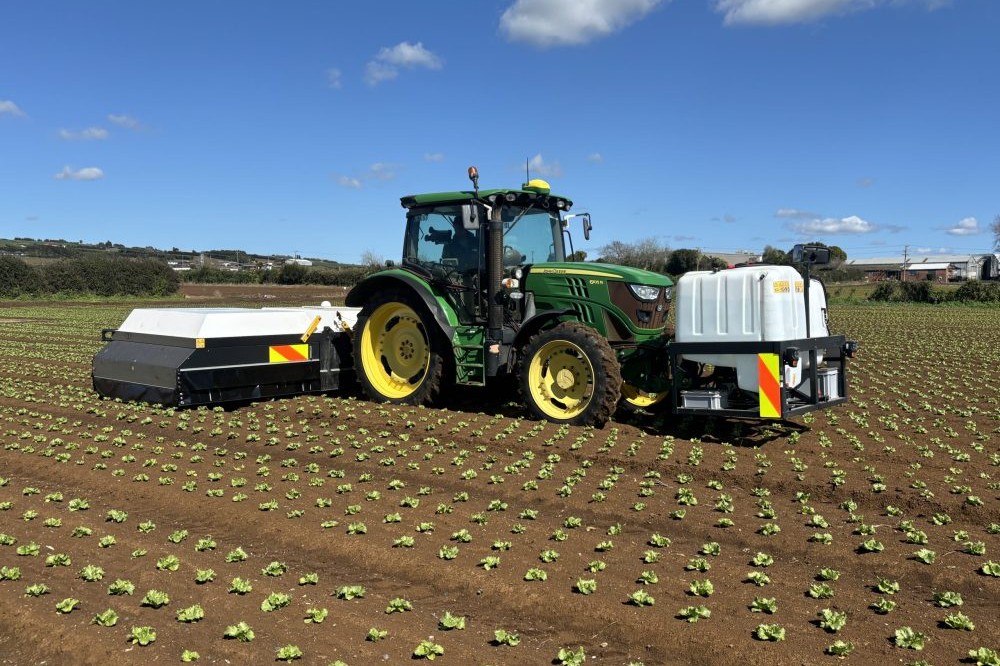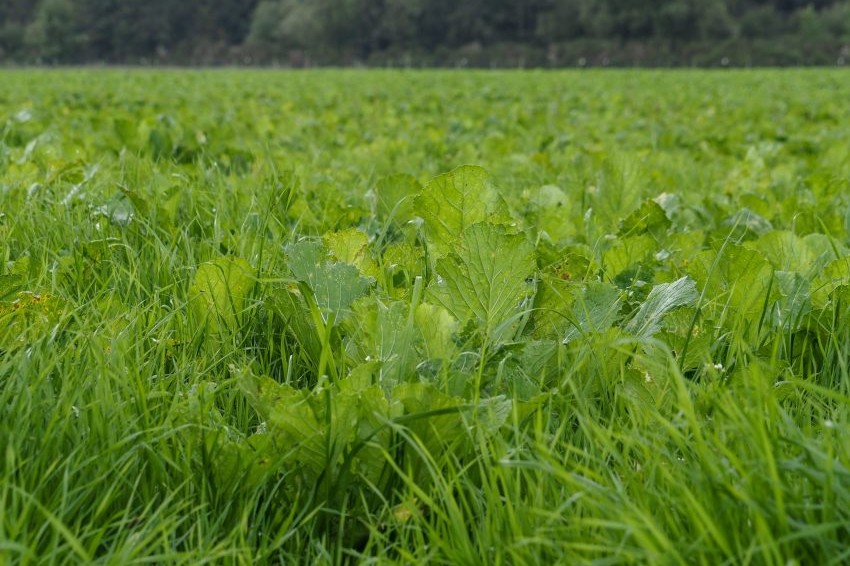Cashing in on natural capital
Investors in major global funds are demanding that their investment is made into the reversal of the depletion of natural capital around the world. Words by Sarah Perriam-Lampp.

Investors in major global funds are demanding that their investment is made into the reversal of the depletion of natural capital around the world. How can New Zealand farmers, who have higher levels of soil fertility and soil carbon stocks than other countries, cash in on this trend?
In January 2024, the Bank of East Asia became the latest bank to join the global Net-Zero Banking Alliance (NZBA), and its first Chinese member, taking total membership to 140 banks in 45 countries.
NZBA membership has grown rapidly since the launch of the alliance in April 2021, tripling in number. More than 40 banks joined from a range of developed and emerging markets between the start of 2022 and the start of 2024 including Pakistan and Greece. By joining the Net-Zero Banking Alliance, banks commit to science-based target setting that aligns their lending and investment with the Paris Agreement: to limit global heating to 1.5°C.
They also commit to transparently report on progress towards their targets of how they are improving natural capital. BNZ was the first bank in New Zealand to sign up to the alliance as part of its commitment to support the country’s transition to a net zero emissions future – one that supports the regeneration of the natural environment.
Many other banks have since followed suit. Natural capital, such as clean water, soil health, and biodiversity, is inherently important to BNZ, as a healthy environment fosters stable economies and can reduce risk related to resource scarcity and the economic impact on agribusinesses of climate change. In 2022, BNZ established the first on-farm sustainability linked loan (SLL) in New Zealand, making it possible for ambitious agribusinesses to link their environmental, social and governance (ESG) objectives to their cost of debt, with incentives tied to a customer’s ability to meet pre-agreed sustainability targets with methods to prove the improvement.
As BNZ’s General Manager Agribusiness Dave Handley explains, “New Zealand’s agribusinesses understand how important the health of the climate, land, and water is to the future performance of their businesses and products.
But it’s the ability and support to adopt solutions which needs to be our continued focus.” Sustainability linked loans have helped farmers focus on opportunities beyond carbon reduction, such as biodiversity and the development of soil health. BNZ farmers have noted the financial incentives ensured projects continued to be delivered when previously they may have been constrained with lower commodity prices.
The continuation of investment in natural capital throughout economic cycles is helping to build more long-term resilient businesses. BNZ has a target to deliver $10 billion in sustainable finance by 2025 and their dedicated Sustainable Finance team has the expertise to support agribusinesses to develop Key Performance Indicators (KPIs) to help measure and prove their improvements.
Handley understands that running a successful agribusiness takes stamina, skill, and courage – qualities that, time and again, New Zealand primary producers have demonstrated as they have adapted to satisfy market forces and meet the ever-evolving obligations of their social licence to operate.
At the end of 2023, and nearing the end of their three-year sustainability-lined loan term with BNZ, Southern Pastures Director of Farming Mark Bridges says they have met all KPIs and exceeded biodiversity outcomes, including: Planting native plants in agreed areas under Centre Pivot Irrigators in Canterbury to improve shade, shelter, and biodiversity.
Continuing to use diverse pasture species to improve rooting depth and therefore pasture resilience, and potentially allow carbon reserves lower in the soil profile. Achieved GHG reductions in line with the original 10% reduction glide plan set in 2020. Reductions in nitrogen leaching against baseline levels. “Having objective targets linked to a set of KPIs that are set together with the bank and agreed with other informed professionals and then independently audited, assists us with environmental stewardship even when business conditions are tight,” says Mark.




